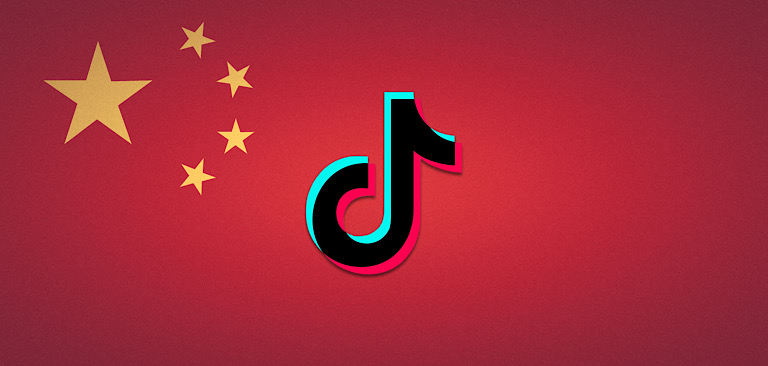Much of the recent debate over Chinese social media app TikTok has been related to the data it collects and the potential national security risks of this data collection.
But the ability to censor ideas and the influence this can have over users of the app in western nations is another major concern.
Now Liu Lipeng, a former Chinese censor, who defected to America after learning the value of free speech, has spoken about his decade’s long experience working as a Chinese internet censor and how the Chinese Communist Party’s (CCP’s) complex system of internet censorship is infiltrating the free world.
Liu describes China’s web censorship industry as a “dirty industry” and said that before defecting, he worked at the Chinese microblogging site Sina Weibo and later became the head of the censorship department at one of China’s largest online video companies.
He estimates that China’s private sector employs 1-2 million web censors which is almost as many as the CCP web commentators known as the 50 Cent Army.
Liu says that collectively these censors and the 50 Cent Army work to suppress free speech by deleting posts authorities don’t want people to see and spreading fake or distorted news.
He adds that while the 50 Cent Army is paid by the regime, private internet companies have to hire their own web censors to abide by China’s censorship regulations.
According to Liu, TikTok has at least 10,000 web censors and some work at the company’s Tianjin branch. He described his visit to this branch for an interview as being like “entering a drug lord’s lair.” Liu said everything was hidden and that he was kept away from the main working areas and prevented from looking around the building.
But Liu claims to have later discovered something TikTok was trying to hide – that it was censoring US users of the app from Tianjin.
“This huge number of Chinese web censors had been brainwashed by the CCP’s propaganda for decades and many of them are CCP members,” Liu said. “These people living in fear of the CCP were there to censor American people’s speech.”
Additionally, Liu discussed how TikTok has to obey CCP rules, even when operating overseas, and said that since it’s impossible to apply the same level of censorship outside China, the company has to promise the CCP that it will stop Chinese people using TikTok.
“The Chinese are not allowed to access TikTok. If you use a made in China cellphone, or if you have a Chinese sim card, or if you are personally in China, any of these conditions will keep you out of TikTok,” Liu said.
Liu also claimed that TikTok is being pulled out of Hong Kong because it overlaps with the Chinese version of TikTok – Douyin.
Click here to display content from YouTube.
Learn more in YouTube’s privacy policy.
Liu’s testimony is the latest of many examples of TikTok being used as part of China’s online censorship apparatus around the world. TikTok’s content moderators have been ordered to censor content several times this year and in May, content moderators in India were told to censor content which is “against Chinese government.”
Other Chinese apps such as WeChat are also used to censor conversations inside and outside of China.
Additionally, Hong Kong’s national security law is resulting in self-censorship outside of China with books published by leaders and lawmakers of some of Hong Kong’s pro-democracy outfits already being made “unavailable or under review online.”
And American companies often facilitate China’s censorship with Google previously censoring phrases criticizing the CCP and Apple regularly removing apps from China’s App Store at the behest of the CCP.








